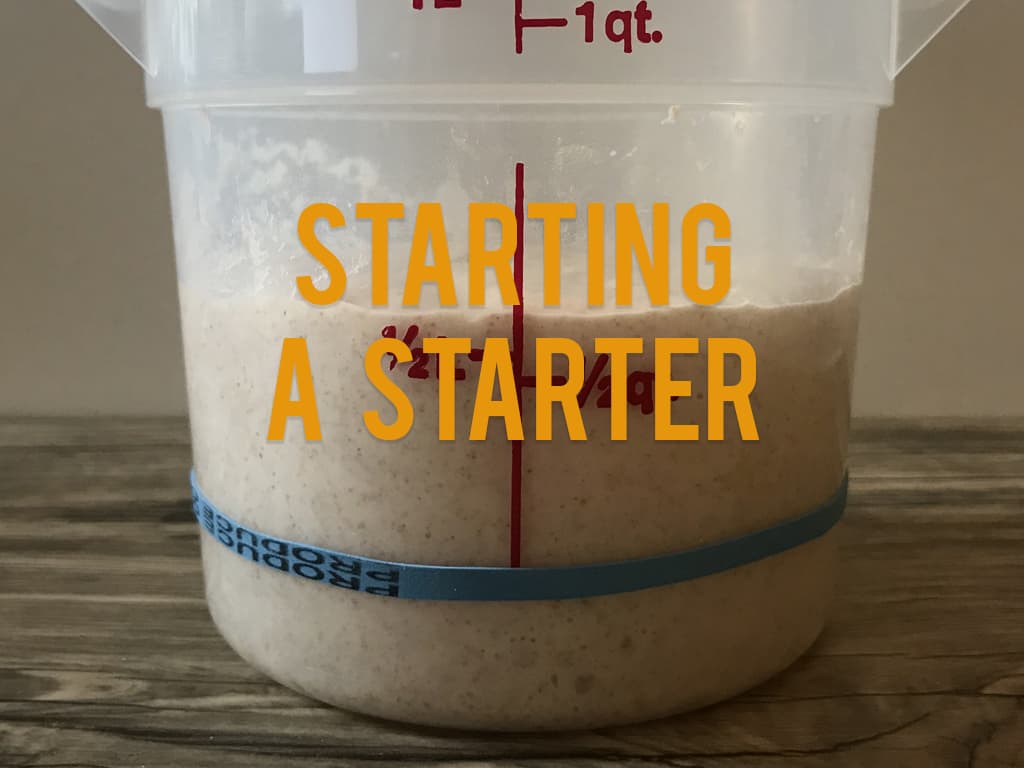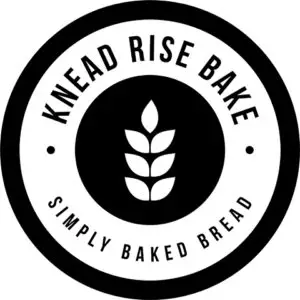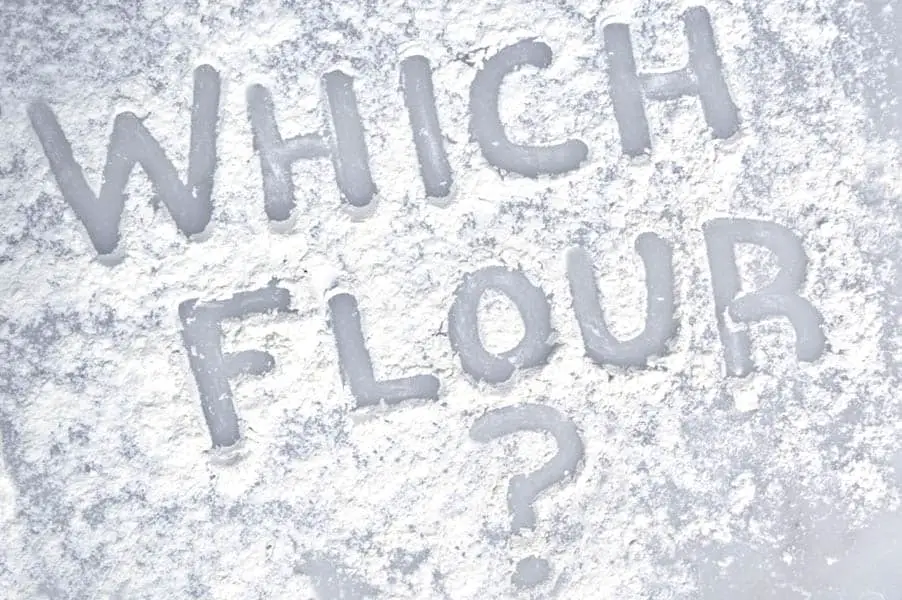There is a lot of information going around these days about how to start a starter. Funny thing though is that with a lot of information, things can get quite a bit muddied up. This is true with starters, because depending on who you talk to you are going to get varying and often differing points of view.
So why listen to our opinion then? Aren’t we just going to muddy it up? Well, we like to think we are simplifying things here. Our goal is to compile all of the information out there, test it out, and give a clear take. That’s what we’ve done here.
So, do you need special flour for a starter?
Special types of flour are not needed in order to start a sourdough starter. A simple mixture of flour, even bleached all-purpose flour, and water is all that is needed to supply natural yeast the right environment to thrive in. Enough natural yeast should be present in any wheat flour purchased from a grocery store. It really is that simple.
Some individuals suggest that rye flour among others should be used in starting a starter as a bit of an insurance policy. This has to do with rye having extra nutrition that is believed to really help speed things along.
Additionally, we’ve seen and read the science on using pineapple juice, orange juice, or apple cider to help balance a new starter before it becomes mature. You can read a fantastic write up about it here. This absolutely works but is more of a protection that honestly has not been needed in our efforts to make starters. We’ve not had a new starter go bad or fail yet. If you’ve tried to create a starter and had issues with it going bad, then give the pineapple juice a try.
We have found that just whole wheat flour and water seems to give us great results. Nothing overly fancy, just King Arthur unbleached whole wheat that we grab from the market. But, really, any will do. And that’s it, no mixtures or health food stores to run to in order to grab special grains. You can see our post on how we start a starter here.

We do recommend going with unbleached if you can find it. It’s pretty common in most supermarkets, but we know it isn’t available everywhere. Keep in mind, it is not needed. Bleached all-purpose flour can and will develop into a healthy starter if it is fed and stored properly. We have found that unbleached gives us better results, and that is why we recommend it. By better, we mean less time to find a balance and become fully active.
Will Any Flour Really Work?
Nearly any flour will work. Even some non-wheat varieties work. This has to do with the fact that natural yeast is present all around us and in the very flour we all are using. It doesn’t matter which kind, yeast is present. It is everywhere!
In theory, whole wheat and coarse ground flour, like rye, performs best as it contains more yeast due to it having more whole parts of the wheat berry left intact. There are other aspects at play with the coarse ground doing well for starters, but nothing about them is necessary for starting a starter.
With yeast present, all it needs are the nutrients found in flour and water. Again, nearly any flour will have what is needed in this regard. Nothing to worry about here.
What the different flour types actually do, is alter the amount of time it takes for the starter to become fully active. At least, in our experience, that is how it works. To be fully active you are looking for the starter to double in size in a 10-12 hour window after a feeding. Some suggest 24 hours, which we also agree with, but we prefer to see it double in under 10 hours to be certain it is strong and healthy. Our gold standard is 8 hours.
Here are our rankings of the most common grocery store flours from best to worst in terms of the time it takes to become active and mature. But remember, all of these are perfectly fine.
- Rye: This tops the list, as it is the crowd favorite and has science on its side for being the fastest option out there. In our tests, whole wheat works just as well. But our little sample isn’t enough to go against science. 🙂
- Unbleached Whole Wheat: This is our preferred starter method and performs very well.
- Bleached Whole Wheat: Works well, but is known to be a little sluggish when compared to number 1 and 2 above. But that sluggishness only applies to starting it. The mature starter will be the same (we actually phase our starters out to all-purpose once they are mature).
- Unbleached All-Purpose: This one is noticeably slower than the others, but works well, and once it is mature it will give you amazing sourdough bread like the others.
- Bleached All-Purpose: Bottom of the stack, but it works. Promise!
Sourdough is simple! It really is. There is no need to complicate it. Now, we understand wanting to really take it to new levels with locally sourced coarse milled ancient grains. We like grabbing some specialty blends for special occasions! But this craft has been around since the beginning of civilization, and we want everyone to join in! You can do it!
The Age of Your Flour Might Make A Difference
Flour can go bad as it surprisingly has a shelf life. But, that shelf life is upwards of a year for most refined flours. If you’re working with whole wheat, some sources suggest the shelf life is half that at just six months. I don’t know why I said just, that’s still a long time.
It’s likely not a major concern for most, at least not in our house, a bag of flour only lasts a couple of weeks at best. But we know not everyone is running a bread blog. 🙂 If you’ve had some in the back corners of a cupboard somewhere since last Christmas, maybe consider starting with a fresh bag for your starter.

